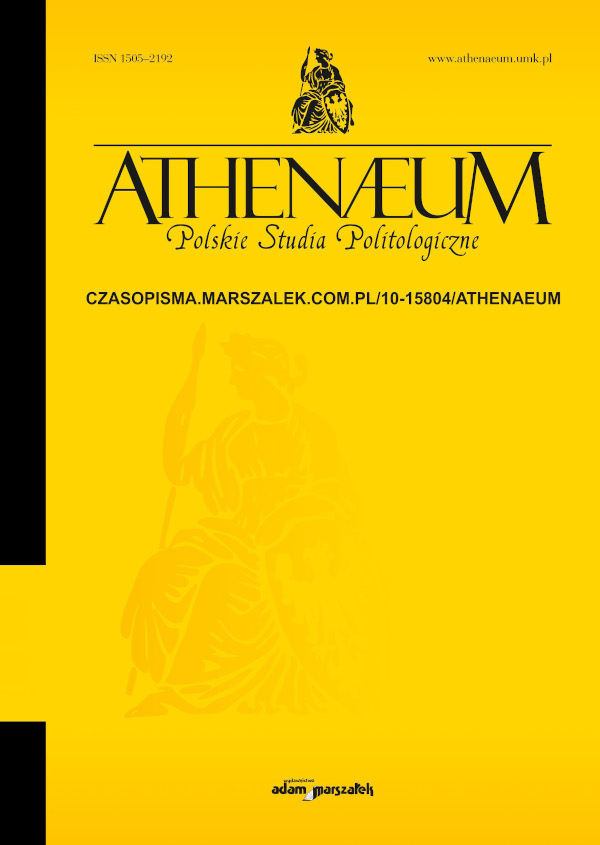Armed Forces and Disaster Risk Reduction: A Theoretical Approach
Armed Forces and Disaster Risk Reduction: A Theoretical Approach
Author(s): Paweł GromekSubject(s): Security and defense, Military policy, Peace and Conflict Studies
Published by: Wydawnictwo Adam Marszałek
Keywords: armed forces; disaster risk reduction; Sendai; cooperation; risk;
Summary/Abstract: This article presents a theoretical connection of armed forces operations and a disaster risk reduction concept. The objective is to elaborate a model of armed forces participation in disaster risk reduction in relation to the Sendai Framework for Disaster Risk Reduction 2015–2030. The research method bases on a review of the literature and a cognitive design of the participation model. General role of armed forces, potential and societal expectations are factors that place them in a context of disaster risk reduction. Soldiers are said to participate in protection of the most important utilitarian values regardless of circumstances (military hazards and non-military hazards). Their operations might be ascribed into limiting of hazard power, reducing vulnerabilities, shortening exposure, improving resilience, and strengthening capacities to cope with a disaster. They can reduce the risk associated with military hazards and non-military hazards. The concept may be a reference in designing synergy in cooperation between military and non-military entities.
Journal: Athenaeum Polskie Studia Politologiczne
- Issue Year: 79/2023
- Issue No: 1
- Page Range: 47-69
- Page Count: 23
- Language: English

